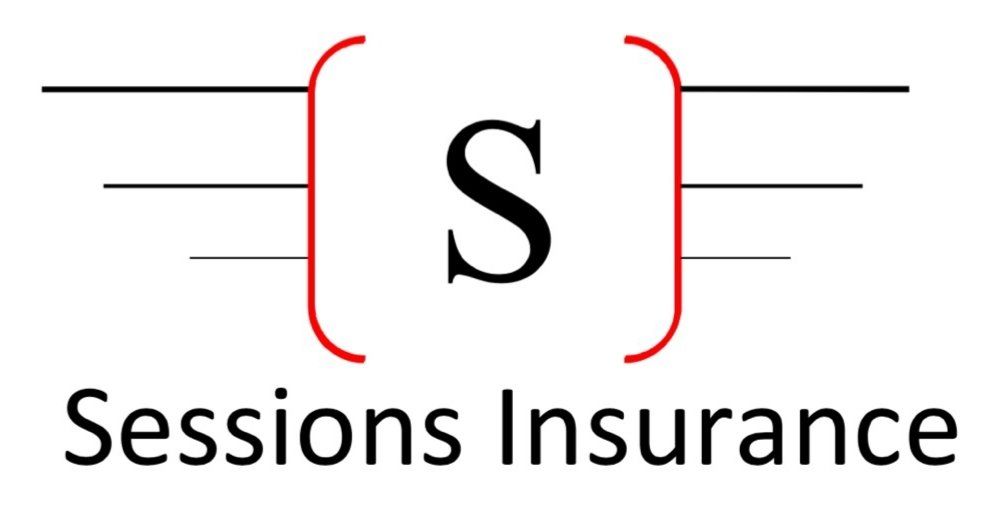Why you need to inform your insurance about rideshare
The Importance of Informing Your Insurance Company When Starting Rideshare in Utah
If you reside in Utah and are considering joining the ranks of rideshare drivers, it's vital to understand the importance of informing your insurance company about this new venture. As a rideshare driver, you are using your personal vehicle to transport passengers for commercial purposes. This change in vehicle usage may have significant implications for your insurance coverage. In this blog post, we will delve into why it is crucial to let your insurance company know when you start doing rideshare with your personal car in Utah.
- Personal Auto Insurance Policies Exclude Commercial Use:
Most personal auto insurance policies explicitly exclude coverage for any commercial activities, including ridesharing. By default, personal auto insurance policies are designed to cover personal use only. When you begin ridesharing, you are engaging in a commercial activity, and your personal auto insurance policy may not provide coverage for accidents or damages that occur while driving for rideshare purposes. - Legal Requirements:
In Utah, as in most states, rideshare drivers are legally obligated to carry specific insurance coverage. Rideshare companies such as Uber and Lyft typically offer their own insurance coverage, but these policies may only provide limited coverage and apply only under certain circumstances. To comply with state laws and ensure appropriate coverage, it is essential to notify your insurance company about your ridesharing activities. - Policy Gaps and Denial of Claims:
Failing to inform your insurance company about your rideshare activities could result in policy gaps and claim denials. If you are involved in an accident while ridesharing and your insurance company discovers that you have not disclosed this new use of your vehicle, they may deny coverage for any damages, injuries, or liability claims. This can leave you personally responsible for paying for all expenses related to the accident, including medical bills and property damage. - Rideshare Company Coverage Is Not Always Enough:
Although rideshare companies generally provide some insurance coverage while you are on an active trip with a passenger, these policies often have limitations and exclusions. For example, coverage may not apply when you are waiting for a ride request or driving to pick up a passenger. Additionally, the coverage provided by rideshare companies may have low liability limits, leaving you exposed to potential financial risks. By informing your insurance company, you can fill these gaps with the appropriate coverage to ensure comprehensive protection during all phases of your rideshare activities. - Commercial Auto Insurance Options:
To adequately protect yourself and your vehicle while engaging in rideshare activities, you may need to consider obtaining commercial auto insurance. Commercial auto insurance is specifically designed to cover vehicles used for commercial purposes, such as rideshare driving. While it may come with a higher premium, this type of insurance provides the necessary coverage for accidents, injuries, property damage, and liability claims that may occur while working as a rideshare driver. - Ensuring the Right Coverage:
Informing your insurance company about your rideshare activities allows them to assess your needs accurately. They can guide you in determining the best course of action to ensure that you have appropriate coverage while ridesharing. While commercial auto insurance might be one option, your insurance company may also offer rideshare endorsements or policies that can be added to your existing personal auto insurance policy. These endorsements provide the necessary coverage during rideshare activities while keeping your personal auto insurance intact for non-rideshare use. - Peace of Mind and Financial Protection:
By proactively informing your insurance company about your rideshare activities, you can enjoy peace of mind knowing that you have the proper insurance coverage in place. Accidents can happen unexpectedly, and having appropriate coverage ensures that you are financially protected in the event of an accident or any related liability claims. With the right coverage, you can focus on driving and providing the best rideshare experience to your passengers.
In conclusion, it is crucial to inform your insurance company when you start doing rideshare with your personal car in Utah. Personal auto insurance policies often exclude commercial activities, and failure to disclose your rideshare activities can result in policy gaps, claim denials, and potential financial liability. By notifying your insurance company, you can explore appropriate coverage options such as commercial auto insurance or rideshare endorsements, ensuring the right protection while conforming to legal requirements. Taking proactive steps to obtain the proper insurance coverage will provide peace of mind, allowing you to focus on providing excellent rideshare experiences while being financially protected. Don't overlook the importance of informing your insurance company when embarking on your rideshare journey in Utah.




The Importance of Adding Teen Drivers to Your Insurance and How Sessions Insurance Can Help You Save







